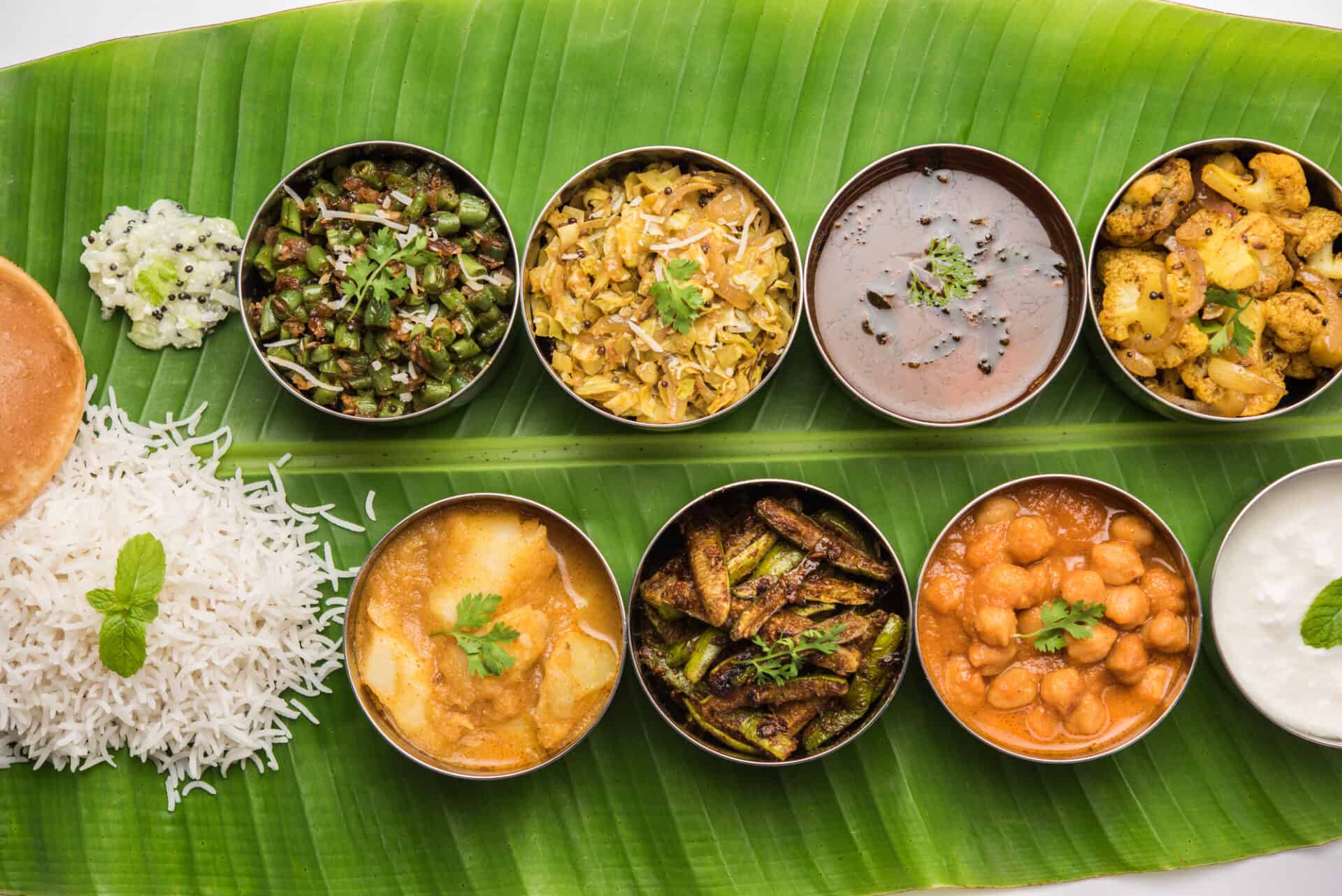Contribute to a more sustainable and compassionate world. While traveling we encounter diverse cultures, traditions, and foods. Our choices, like how we get around and what we eat, matter more than just for our health. Choosing vegan or vegetarian options while traveling shows care for animal welfare and the environment. Let’s look at how these choices affect the earth and how to stick to them during our travels.
The environmental footprint of food choices
Switching to plant-based diets is more than a culinary preference:
- Resource use: Plant-based diets use less land, water, and energy than animal farming.
- Emissions: Farming animals generates lots of greenhouse gases. Eating less meat reduces your carbon footprint.
- Protecting nature: Animal farming can destroy forests and habitats. Eating more plant-based foods helps protect the environment.
- Animal welfare: Reducing consumption of animal products limit the large-scale suffering of animals in factory farms and slaughterhouses.
Navigating vegan and vegetarian cuisine while traveling
Traveling can pose challenges but with a bit more planning and some tips, you can stick to your ethics and enjoy a diverse array of foods.
Research destinations
Not all destinations are created equal in terms of plant-based friendliness. Cities like Berlin, Portland, Tel Aviv and Chiang Mai are known for their vegan and vegetarian culture. Use apps like HappyCow to find restaurants and stores.
Learn the local lingo
Knowing how to express your food preferences in the local language is invaluable. Learning phrases like “I am vegan” or “I do not eat meat” can help avoid confusion and ensure your needs are met.
Connect with local communities
Social media platforms have numerous groups where vegans and vegetarians share tips. Connecting with these communities can give you insights into local specialties that align with your choice of food.
Pack smart
Having vegan or vegetarian snacks on hand can save the day during long travel segments or when suitable options are scarce. Nuts, seeds, and fruit are nutritious and easy to carry.
Embrace local produce
Many countries offer a rich array of local fruits and vegetables. Visiting local markets not only supports the economy but also reduces the carbon footprint associated with your meals.
Be flexible and creative
Sometimes, especially in remote areas, it might be challenging to find a completely vegan or vegetarian meal. Be prepared to explain how to modify dishes (e.g., omitting fish sauce or using vegetable oil instead of animal fat).

12 countries that are easier to travel for those who don’t eat meat
Countries known for being vegetarian-friendly often have a cultural or religious tradition of vegetarianism, or have diverse cuisines that readily accommodate plant-based foods.
1. India – With a substantial portion of the population practicing vegetarianism, there are countless vegetarian options available everywhere, including purely vegetarian restaurants.
2. Israel – Israeli cuisine offers an array of vegetarian dishes like hummus, falafel, and baba ghanoush, and Tel Aviv is often cited as one of the most vegan-friendly cities in the world.
3. Taiwan – With a significant Buddhist population and laws requiring food labeling to include vegetarian suitability, Taiwan is a great place for non-meat eaters.
4. Italy – Italian cuisine features many vegetarian-friendly dishes such as pasta, pizza, risotto, and a variety of vegetable and cheese dishes.
5. Lebanon – Lebanese cuisine includes many vegetarian dishes like tabbouleh, fattoush salad, and various mezze plates that are vegetarian by default.
6. United Kingdom – With vegetarianism being a popular lifestyle, the UK has a wide variety of vegetarian and vegan restaurants, as well as vegetarian options in most eateries. Brighton is Britain’s most vegan-friendly city.
7. Ethiopia – Ethiopian cuisine has many vegetarian options; dishes like injera (flatbread) served with vegetarian stews are common.
8. Greece – Greek cuisine includes many dishes that are vegetarian-friendly, such as Greek salad, dolmades, and spanakopita (spinach pie).
9. Mexico – Although traditional Mexican cuisine includes meat, there are also many dishes based on beans, corn, avocados, and cheese that are suitable for vegetarians.
10. Thailand – Buddhist culture makes Thailand a vegetarian-friendly destination, with many dishes able to be made without meat and street food stalls often offering tofu as an option.
11. Singapore – A melting pot of cuisines and a significant vegetarian population means that Singapore has a plethora of vegetarian dining options.
12. Vietnam – With a tradition of vegetarian dishes often served in Buddhist temples and increasingly popular vegetarian restaurants, Vietnam caters well to vegetarians.
The conscious traveler recognizes that every action taken has a ripple effect on the environment. By choosing vegan or vegetarian options on our journeys, we contribute to a more sustainable and compassionate world. As we explore the culinary landscapes of our destinations, let’s savor the flavors that align with our values and lead the way for a greener and kinder traveling experience.
This article is part of the series by Conscious Travel Guide, your resource for mindful globetrotting.


